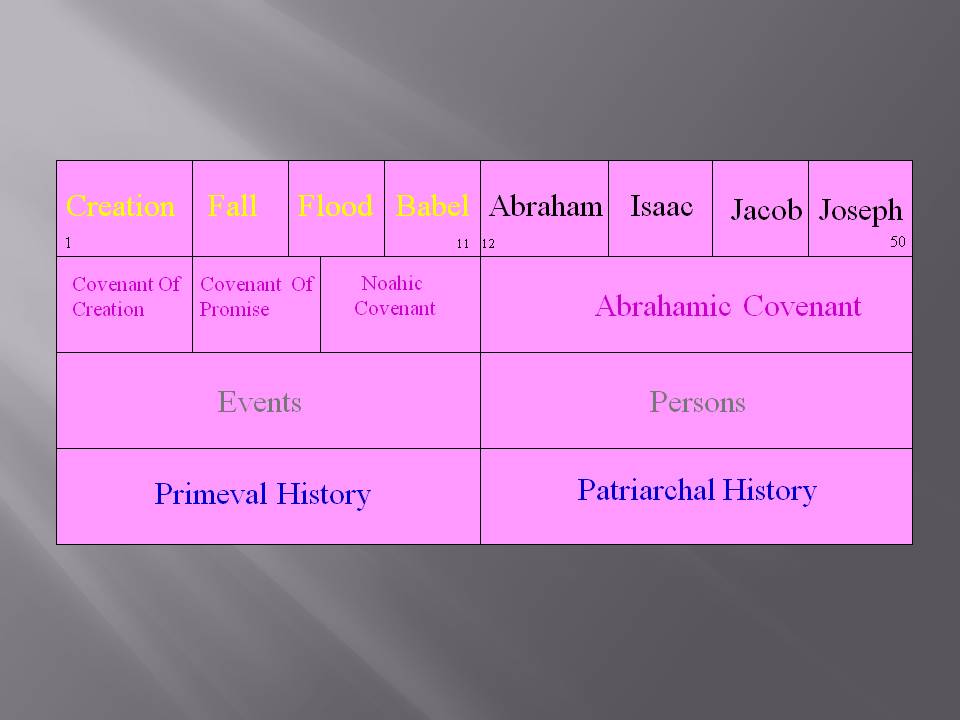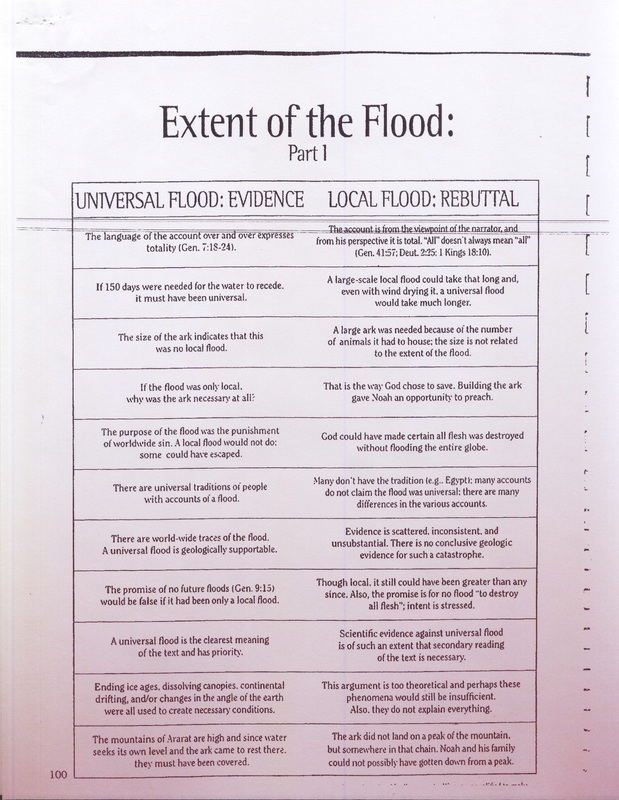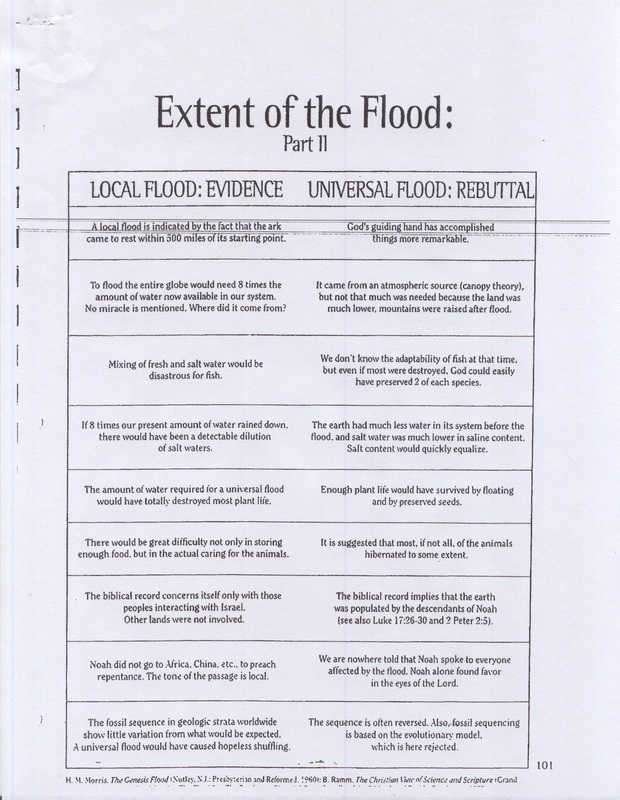WHY STUDY CREATION?
3 Reasons to Study Creation
An Educational Reason: The process by which society deliberately transmits its accumulated knowledge, skills, and values from one generation to another.
An Apologetical Reason: Christian apologetics is a field of Christian theology that aims to present a rational basis for the Christian faith, defend the faith against objections, and expose the perceived flaws of other world views.
A Doxological Reason: An expression of praise to God, especially a short hymn sung as part of a Christian worship service.
An Apologetical Reason: Christian apologetics is a field of Christian theology that aims to present a rational basis for the Christian faith, defend the faith against objections, and expose the perceived flaws of other world views.
A Doxological Reason: An expression of praise to God, especially a short hymn sung as part of a Christian worship service.
The Fall
The Curse on the Serpent
The Curse on Satan
The Curse on the Woman
The Curse on the Man
The General Curse – Death
The Curse on Satan
The Curse on the Woman
The Curse on the Man
The General Curse – Death
The Noahic Covenant
Phobia of Man in Animals, Provision of Meat, Prohibition Concerning Animal Blood, Prescription for Capital Punishment, Promise of No More Universal Floods, Sign of Covenant – Rainbow
"The Lord’s Command: “Be fruitful and multiply and fill the earth”
The People’s Response: “Let us build . . . lest we be scattered abroad over the face of the whole earth”
The Lord’s Judgment: The Lord scattered them abroad from there over the face of all the earth.
The People’s Response: “Let us build . . . lest we be scattered abroad over the face of the whole earth”
The Lord’s Judgment: The Lord scattered them abroad from there over the face of all the earth.
Universal FloodLanguage of Text
Time for Recession Size of Ark Purpose of Flood Geological Evidence Promise of God Height of Water |
Local FloodNon-biblical Traditions
Final Resting Place Not Enough Water Fresh/Salt Water Mix Destruction of Plants Animal Care Size of Ark Fossil Sequence |



